A Short Preview (Login to Access the Full Interview):
Theme: The Grand Pretense
Interview: 2nd Quarter 2023 Wrap Up: Equity Overview & Rambus Chartology with Tim Caban
Take Action
Please login to see stories, charts, and subscriber-only content.Not a subscriber yet? You are invited to join here!








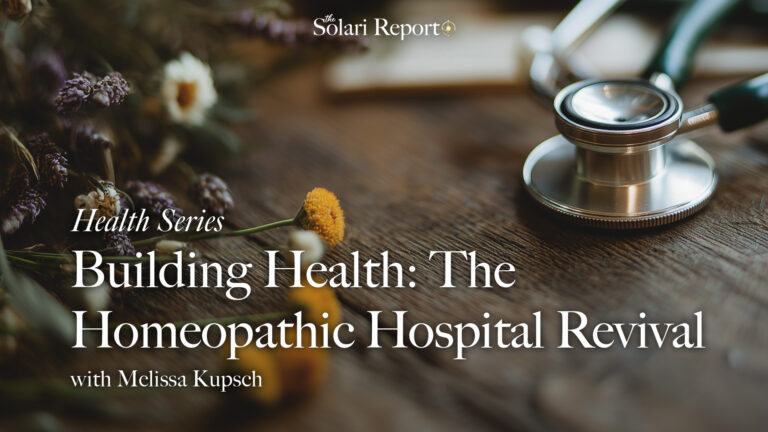


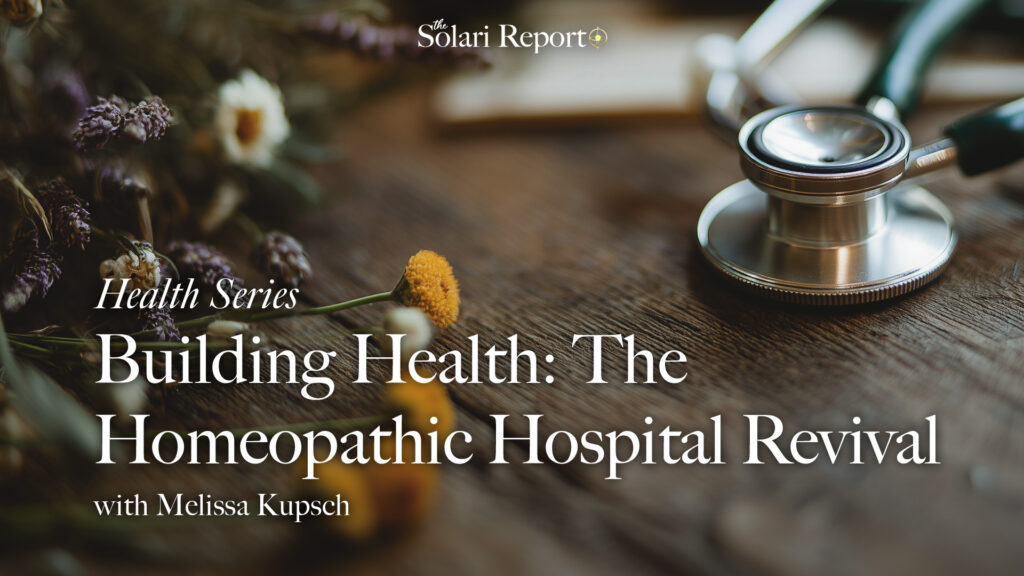
















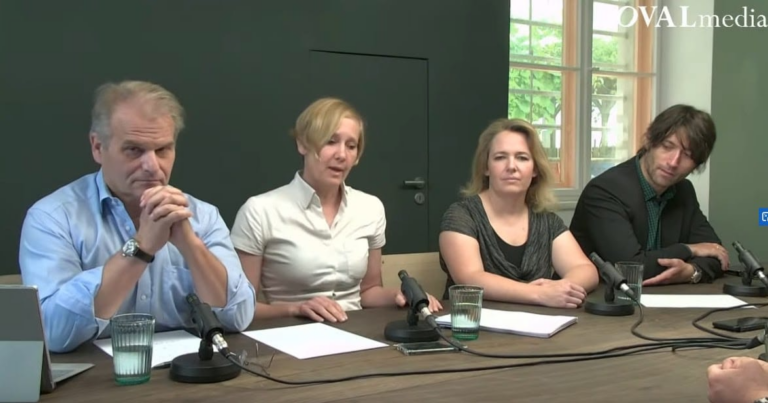


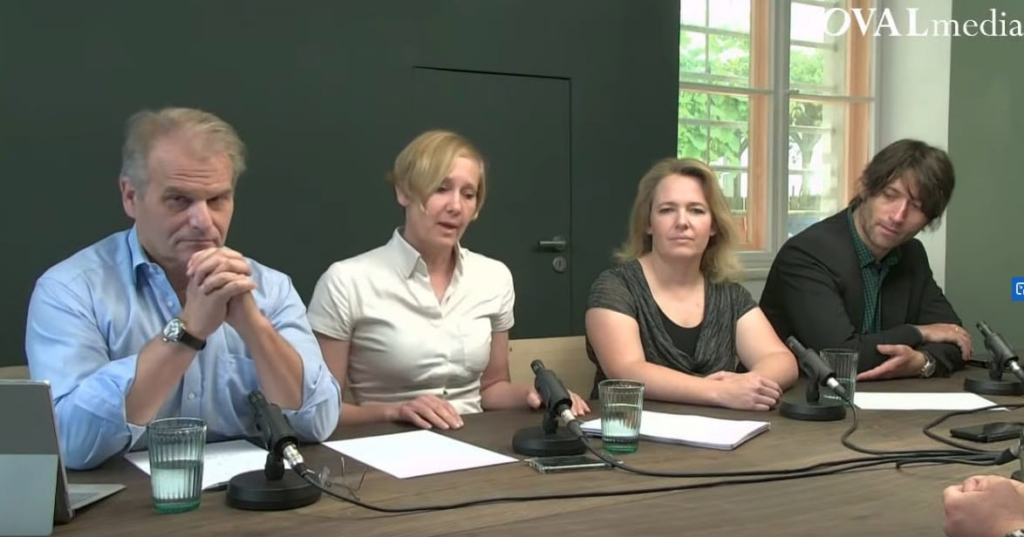






















































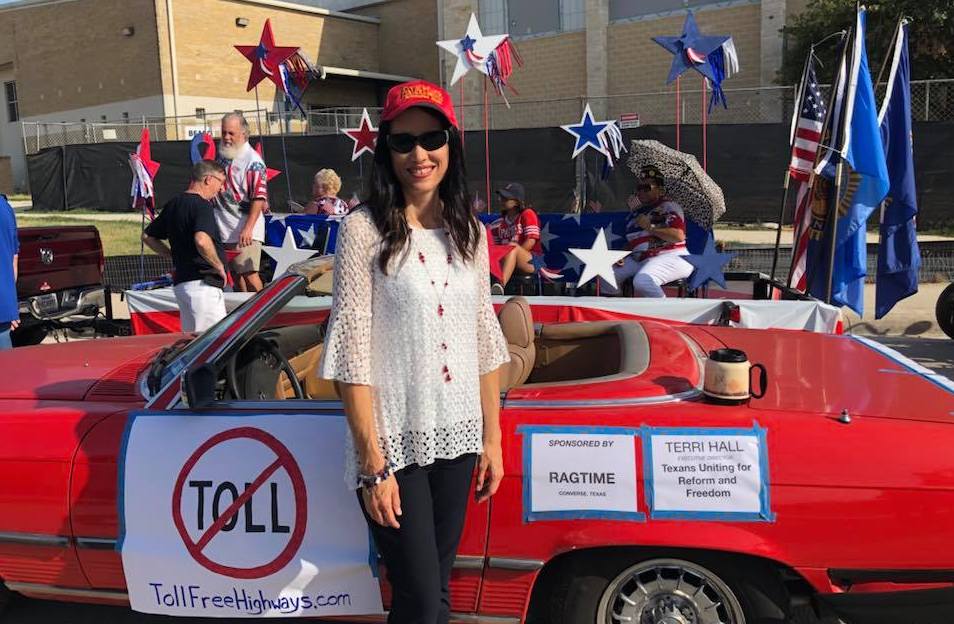





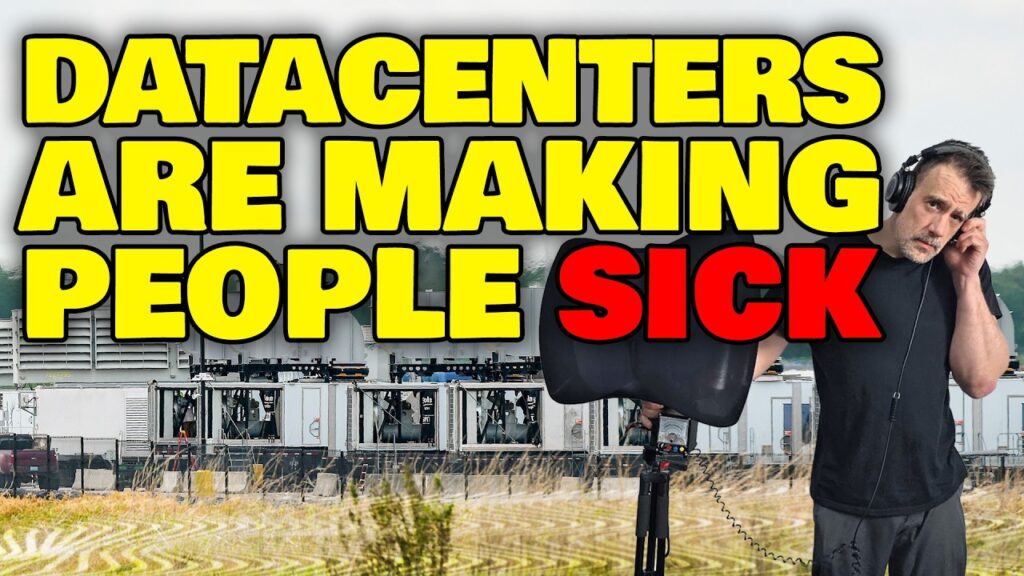



























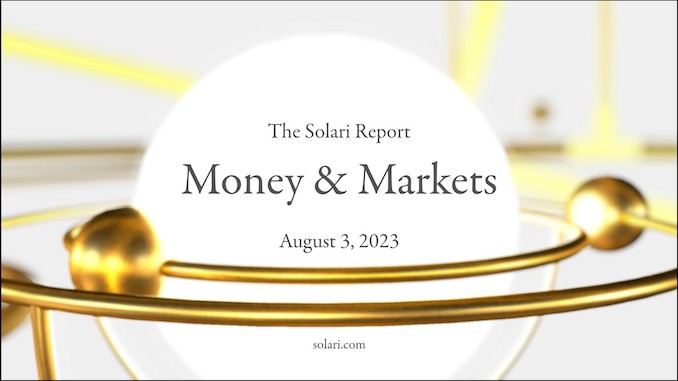

Concerned about Tennessee’s gun control policies https://youtu.be/imBWS5WyNHk
The indictment of Trump is very interesting. It looks like they want to create a civil war. All of the Biden crimes are being exposed and they are going after Trump at the same time, on bogus charges. As for his work on “operation War Speed” I am convinced his lawyers have told him to shut up. Not defending War Speed, just coming up with a logical explanation for his silence. He has enough legal problems.
It looks like Bohemian Grove was early this year:
https://www.sfgate.com/travel/article/2023-bohemian-grove-club-underway-bay-area-18258519.php
I’ve been thinking “they” have been wanting a civil war for a few years now. The rhetoric of for-Trump vs anti-Trump has been the most divisive I’ve seen in my 60+ years. Then there was the Covid vaccines polarity: pro-vax vs anti-vax. I was afraid to tell anyone that I did not take one because there wasn’t enough testing done, and I didn’t want to be a guinea pig or lab rat for their experiment. I live in a pro-gun state and have my firearms for personal defense, but I never really thought I’d have to use them against someone because they hated me for not getting the Covid vax. I could imagine a large group of people walking down my street banging on doors to ask if the resident had been “vaccinated”. When I told a farmer buddy of mine who hates Trump that I didn’t want the “Trump vaccine”, he had the strangest look on his face. He had already changed history in his mind that Biden pushed through the vax, not Trump. So anti-vaxxers were pro-Trump. This mindset of altering reality concerns me. I still see a lot of it, although it has subsided a bit now, but 2 years ago it was of great concern to me. However I still go out to my local Sheriff’s firing range once a month to stay proficient.
Important to stay trained.
Reportedly, Kevin McCarthy in on it this year.
Yes, I have heard he is not Trump’s friend even though Trump endorsed him as Speaker. If that’s true, Trump still has not figured out who his enemies are in DC.
This is very disturbing… wondering if it would be possible for the US exit the UN?
“Transition to a New Global Order – United Nations New Agenda for War and Robotocracy”
https://drjacobnordangard.substack.com/p/transition-to-a-new-global-order
I wouldn’t count on it since the UN is headquartered in New York City. If the US withdrew, the UN might be obligated to move. I liken it to a couple who gets divorced, but the spouse still lives in the same house. That does not work.
Wonder what they’re planning to poison us with next …
https://www.nbcchicago.com/news/local/look-up-nasas-largest-flying-science-laboratory-in-the-world-will-hover-over-chicago-area-this-week/3197558/
First time I have heard these three in dialogue, and found it brilliant.
https://rumble.com/v344bbz-make-peace-you-fools-with-special-guest-col.-douglas-macgregor.html?mref=jcwo5&mrefc=2
Three points most striking:
1) Poland’s potential role in Ukraine pivot
2) Col M’s view on a Constitutional Convention – surprising, if I have understood the inherent risks correctly
3) last 3 mins – his view on the current horsemen of the apocalypse
“Remembering Nearfield” Awarded Best Health Film at Cannes World Film Festival, July 2023
by Patricia Burke, Safe Tech International
sourced from Activist Post
July 31, 2023
No-one Should Be ExcludedAs Corriëlle’s revelatory testimony reveals, people with EHS become so overwhelmed and ill, as their health declines, they can eventually lose everything: property, possessions, status, family and social relationships, and income. No-one in society should be excluded because of the nature of their disability. Education matters.
Professor Olle Johansson formerly of the Karolinska Institute in Sweden, has this to say about Remembering Nearfield: “For an academic scientist like myself, it is always very impressive to see skilled movie makers, artists, and performers, summarize in less than 10 minutes a staggering 45 years of research!”
Educational, original, and often moving, this animated film’s wide and enthusiastic reception indicates that the world is ready to learn about EHS. Remembering Nearfield has been awarded Best Health Film at the prestigious Cannes World Film Festival in July 2023.
As well as being selected and nominated by many other festivals of note, it has won ten awards since entering an array of over 235 film festivals since April 2023.
Remembering Nearfield opens our eyes anew to a neglected and misunderstood disability in a world of virtually unavoidable EMF pollution and guides us towards practical, easy-to-achieve solutions so society can reduce EMF radiation. People with EHS may no longer live in exclusion or isolation when society realizes that lowering environmental EMF not only leads to a better place for people with EHS to live and work but can have boundless potential for improving health for all.
EHS = Electromagnetic HyperSensitivity.
How about earthing? Try this interview with Clint Ober
https://odysee.com/@drsambailey:c/Grounding-with-Clint-Ober:a
Thank you, but it does not help me. I tried it and sleep grounded every night.
Yes Miss Catherine mRNA could end the human race………..yep our Noah moment for us all. Toward the end as you said Catherine Who who who has control of assets money etc. Dad said to me who lived in the Great Depression, the banks just closed and there was no money. I tell people this all the time and tell them to build in financial back up plants. Most think I am crazy. Thank you Catherine and John, I stayed up past my bed time…….worth every minute of it. Many well wishes to you both.
Was there no money (coin) or no lending? Or both?
A good example of this is the 1946 movie “It’s A Wonderful Life” starring Jimmy Stewart and Lionel Barrymore. In it George (Jimmy Stewart) lives in the fictitious town of Bedford Falls. He was the manager of a small Savings & Loan, a small bank dedicated to mortgages and car loans. He just got married that day when The Depression hit and there was a run on the banks. Depositors wanted ALL of their money, but he was able to convince some to only withdraw a few dollars, just enough for today and tomorrow. The bank was running out of cash, so he tried to secure a loan from Mr. Potter’s big bank (think Chase), but Potter refused. George then decided to use the money he had for his honeymoon trip (there were no credit cards back then) to keep the bank afloat. In the end, his bank remained open with two dollars left on deposit. Next day the people who had withdrawn their savings saw that the bank was still open, so they trusted it and deposits started trickling back in. Granted this was a Hollywood story, but the basic facts about the bank runs were there, confirmed by my parents and my maternal grandmother who lived through The Depression. Grandpa worked for an oil drilling company back then and got laid off because no one could afford to buy gasoline to take a trip anywhere or even go to work, if they still had a job. Many walked miles to work instead of driving. Oil refineries shut down. Supposedly oil tycoon John D. Rockefeller survived because he saw the writing on the wall early on and started hoarding cash in his home safe to the tune of several hundred thousand dollars, which would be tens of millions of dollars in today’s money.
Thanks for your detailed reply. Definitely good scenarios to plan for, although the financial system especially regarding cash and coin works very differently now so it’s unlikely to unfold in that same way… more likely the money in people’s online accounts just disappear without a trace, then maybe reappear some time later if lucky. I believe it’s since Bretton Woods they can now essentially issue as much debt as they like so it would be unlikely to be linked to mortgage or loan defaults like in the past – those are just hypothetical figures on balance sheets not represented by hard cash or precious metals. But of course if there’s ever a run they don’t keep much physical cash anymore so it’s down to the individual to have enough on hand.
There was no cash or coin. Banks closed. They lent out more than they should have. When people panicked and wanted to withdraw all of their savings, there was no physical cash (paper and coins) to give them, so the banks closed their doors. Their was no FDIC at that time. Some re-opened after a month or two when people who had cash paid their monthly bank notes, i.e. paying back their loans. But many did not re-open because many people lost their jobs and could not re-pay. Businesses were starved for operating cash, so could not remain open and shut down and laid off their employees.